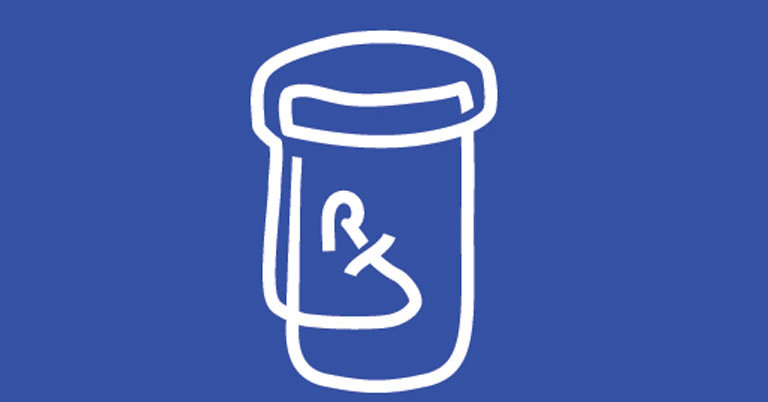
Giving antibiotics to infants may increase their risk for developing allergies, a new study suggests.
Researchers used records of 798,426 children in the Military Health System database from 2001 to 2013, tracking their antibiotic prescriptions in infancy and allergy diagnoses in childhood. About 17 percent of them were treated with one or more courses of antibiotics.
The study, in JAMA Pediatrics, covered prescriptions for five classes of antibiotics: penicillin, penicillin with beta-lactamase inhibitor, cephalosporin, sulfonamide and macrolide.
Taking an antibiotic was associated with a significantly increased risk for anaphylaxis (a serious allergic reaction), asthma, food allergies, and allergies and inflammation of the skin (dermatitis), respiratory tract (rhinitis) and eyes (conjunctivitis). Penicillin increased the risk by 30 percent, macrolides by 28 percent and cephalosporins by 19 percent compared to infants who had been given no antibiotic prescriptions.
The study controlled for cesarean delivery, prematurity, sex, use of antacid medications and the number of days the infants took the medicine
“This is an association, and more research is needed to determine causality,” said the lead author, Sidney E. Zven, a medical student at the Uniformed Services University of the Health Sciences. “We don’t want to raise fears of antibiotics. When a child needs an antibiotic, he should absolutely get it. But we have to tell parents why we are, or are not, prescribing them. It’s really important to focus on antibiotic stewardship. From my perspective, that’s a major implication of the study.”

